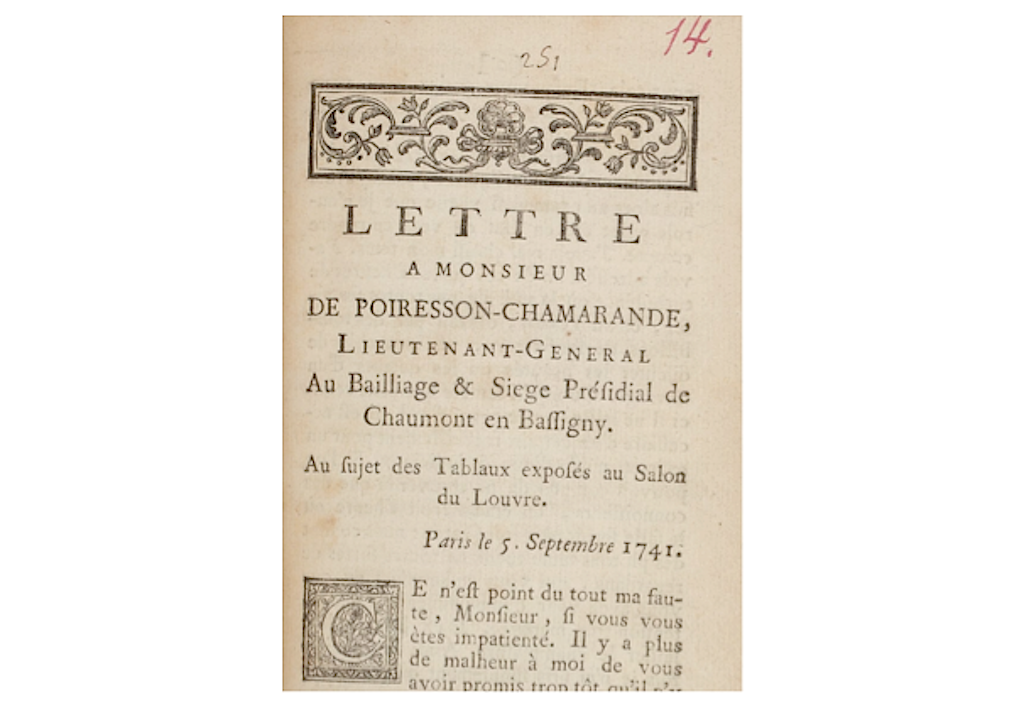Bret McCabe reviews The Memo at Single Carrot Theatre
The nonsensical gibberish of corporate communications gets hysterically excoriated in Single Carrot Theatre‘s ribald production of The Memo by the late dissident Czech playwright and former president of the Czech Republic Václav Havel.
Originally written and produced in the mid 1960s to satirize the labyrinthine bureaucratic procedures of Soviet-era communism, the play’s central conceit—a nonspecific government agency decrees that all internal communications must be conducted in a made-up language that’s nearly impossible to understand—effortlessly becomes a way to skewer the strategic banality of corporate America under the direction of Stephen Nunns.
Agency director Rich Gross (Rich Espey) arrives at his office to find a memo on his desk penned in some impenetrable wording. His conniving assistant director Sarah Balas (Sarah Gretchen), who is constantly followed around by her assistant-qua-sexual bottom Kubs (an almost entirely silent Jack Sossman), informs him of the agency’s decision to start using an invented language designed to be more scientifically accurate, thus making communications more effective. It’s given the almost Dadaist sobriquet Ptydepy, and when Gross tries to read it aloud, it sounds like Charlie Brown’s teacher speaking Hungarian.

The effort to read the memo drives the entire plot, and Gross heads down to the translation department, which he mistakenly assumes performs translations. Turns out translator Richard Masat (Richard Goldberg) doesn’t translate from Ptydepe, the Agency’s Ptydepist Nathan Kunc (Nathan Fulton) does, but he can’t do such translation without a permit issued by Agency bureaucrat Sophie (Sophie Hinderberger), who can’t issue a permit without knowing what the memo says.
The explanation plays out like a managerial “who’s on first?” bit, and as Gross realizes the Agency’s management protocols effectively make it impossible to understand anything at all, the illogical logic feels terrifying familiar for anybody who’s ever had to attend a staff retreat, had to develop a strategic plan, wasted what can feel like half a lifetime in meetings discussing brand management, or, you know, got stuck in the Kafkaesque wasteland of a customer service phone tree.
As noted by Caleb Crain, who translated Eda Kriseová’s Havel biography from Czech into English, in a 2012 essay for The Nation, The Memo and its “manual of obedience packaged as managerial analysis” recalls the menacing pleasantry of Rick Gervais’ BBC series The Office–and, really, all corporate values that talk about empowering their employees while demanding compliance. As Crain notes in his essay, Havel’s plays and writings argue that:
A post-totalitarian regime didn’t need to execute rebels. All it had to do was reward conformists who mouthed its empty slogans, the true meaning of which was always, “I am obedient and therefore I have the right to be left in peace.”
Mocking conformists is the obvious takeaway from SCT’s The Memo; how director Nunns subtly chooses to spotlight conformity’s rewards is what gives this production real teeth. Set designer Rick Gerriets has erected a rotating set that feels imported from 1980s television sitcoms. On one side is Gross’ director’s office, with its Spartan desk and desktop Newton’s cradle of executive unoriginality; to one sits his assistant Kristina (Kristina Szilagyi), who speaks with a nasal valley girl cadence, always seems to be running out to get something to eat or drink, and is having a bad hair existence. On the flip side is the translation department, where Masat, Kunc, and Sophie flit in and out and its office assistant, Ann (Ann Turiano), starts developing a bit of a crush on director Gross. His hapless efforts to make sense of anything is endearing to her.

The whole set spins around between scene changes, actually indicating a world that spins in place and never goes anywhere. This world out of balance sends ripples through the costuming designed by Leslie Yarmo, where everybody is clad in conventional business wear with one thing slightly amiss—pants merely draped down the front of a man, one Oxford shirt’s sleeve worn, the other not; dressed on backward; a woman’s power suit tops merely strapped across her chest, etc.
And that sense of moving round-and-round-but-never-really-going-anywhere is echoed in the interstitial Ptydepy language lessons, where the enthusiastic if stern instructor (Paul Diem) lectures to the audience and one over eager student (Britt Olsen-Ecker). He goes through thin vocabulary lessons—Diem really brings a streak of unbridled glee that turns up the ridiculous on this absurdist language—and she regurgitates words back to them. It’s a cruel parody of talking: he tells her information, she repeats it, and nobody has really said anything.
The instructor and student become hot and heavy for each other over the course of the play, which adds insult to its communications injury. This coupling is how the SCT production drives a stake into the heart. The Memo presents three different versions of male-female couples, its own crude sketches of romance. The instructor and student are one; they’re incredibly passionate for one another—hilariously so—but they don’t really say anything to each other at all. He speaks; she’s merely his echo.
Neither is the Balas-Kubs pairing, which is both the most comically inventive and psychologically bent. Gretchen plays Balas like a combination screwball comedy sexpot and Machiavellian power schemer, while Sossman makes Kubs a Harpo Marx physical comedian. They’re inseparable and aren’t afraid to go at each other on the director’s desk, but as the play reveals toward the end, she doesn’t even know his real name. She rules; he’s merely obeying.
These are the relationship options in the universe of The Memo, all passionate id, no genuine connection between people at all. A glimmer of hope comes in the form of Ann and Gross. They seem to develop something resembling sincere feelings for each other, and she deigns to offer to do something kind, something human, for him: to read the memo. Nothing big—merely perform the ordinary task we do everyday: look at symbols on a page and know what they mean.
And in this office culture that amounts to subordination, a firing offense—and Anna’s simple act of human decency twists SCT’s production into a pitch-black dark comedy, thanks in large parts to Turiano and Espey’s wonderfully subtlety. The Memo is one of those plays in which very little changes from beginning to end, but your relationship to its fictional world does. We follow Gross efforts to understand what’s going on in his world, and we come to like him, even root for him, and find Anna’s crush on him kind of cute. By the plays end, Gross the one-eyed man wandering a world blinded by Ptydepe quietly becomes just another cog in the offices spinning in place wheel. He can’t help Anna, and tells her so, saving his own ass as endearingly as possible.
That’s just the kind of behavior that even the well-intentioned people eventually resort to in a world like this, a world that often uncomfortably resembles the one we live in now. A mere satire like The Office makes corporate logic look like the place where reason goes to die; The Memo suggests such cultures infiltrate every part of interpersonal relations and kill the things that make us human. It’s a place where ever the dissenters eventually oblige. It’s a place where it doesn’t matter if you understand as long as you follow the rules. And it’s a place where an expression of blatant and opportunistic self-interest, uttered in the natural language that everybody understands, is the nicest thing anything has ever said to the only kind person in this world.

* Author Bret McCabe is a haphazard tweeter, epic-fail blogger, and a Baltimore-based arts and culture writer.
* Featured photo of Richard Goldberg and Nathan Fulton, by Chris Hartlove
** Find out more about special Memo-related events here.






